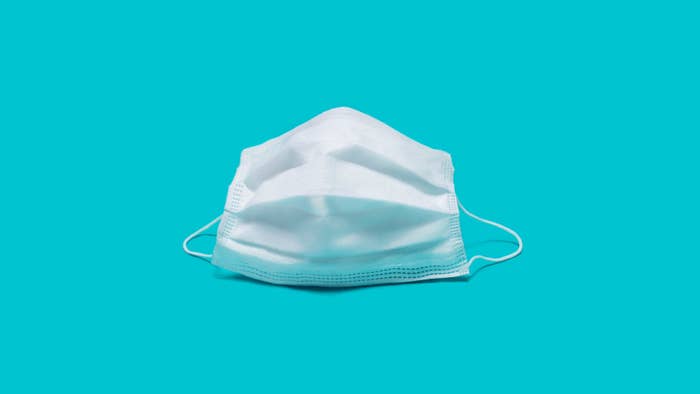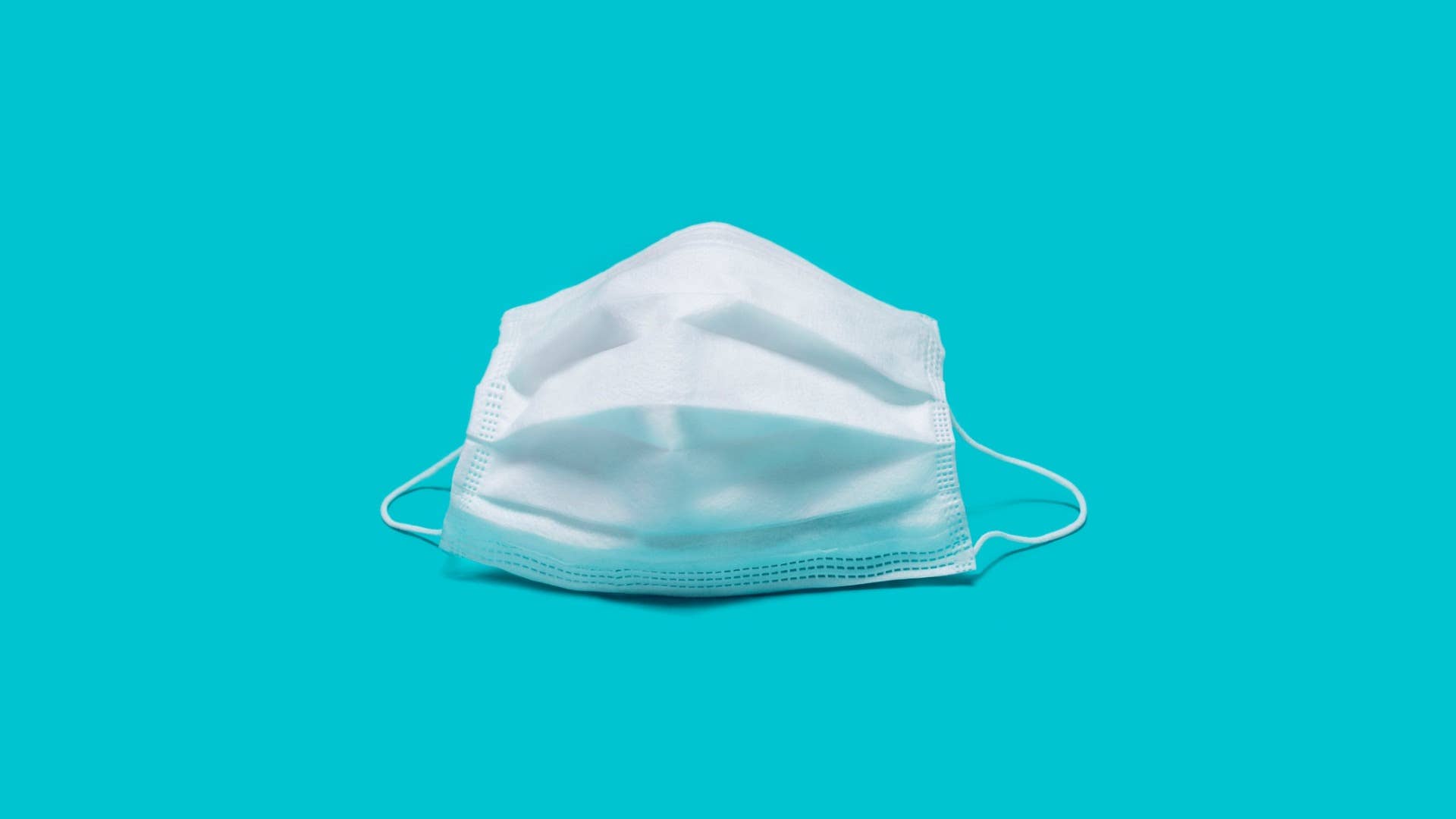
With misinformation running rampant and many government leaders taking public-dividing stances during the COVID-19 crisis, it can be quite a daunting task to separate fact from sheer bullshit. Just this week, for example, Dr. Anthony Fauci warned of the risk of "needless suffering and death" from a premature reopening of the country, while Trump and others continued pushing a victory narrative. The increasingly omnipresent topic of antibody testing for the novel coronavirus, of course, has remained similarly challenging to navigate.
And thanks to a largely oversight-free reality in which the public's demand for virus-testing methods of all types continues to rise, there seems to be no definitive end on the horizon, and the COVID-19 antibody test issue opens the door to a full-blown safety concern, as multiple companies have stepped into the fray without getting a green light from the FDA.
Below, we've done our damnedest to gather a wealth of excerpted reading material on the antibody test debate to help you wade through the inherent fuckery. What are they? When can you get one? Will they change everything?
And as always, please consult authorities like the CDC for current information and stats regarding COVID-19.
What is an antibody test?
Antibody blood tests (also simply called antibody tests) are a way of checking your blood by searching for antibodies, which can show whether you've previously been infected with the virus. The CDC describes these antibodies as proteins that help thwart infections.
Antibody tests, however, should not be used to diagnose a person who is currently sick with COVID-19. The test may not find antibodies in a person with an active COVID-19 infection, with contributing factors including when the infection occurred and the timing of the antibody test itself. For checking current possible infections, one instead needs a viral test that focuses on respiratory samples, often from a swab.
How can I get one?
For those interested, the CDC recommends checking with your healthcare provider to see if they are currently offering antibody tests. Several tests, including this one from LabCorp, have been approved by the FDA under an emergency use authorization, which does not mean outright clearance or approval from the agency. It can be ordered through a doctor (in-person or virtually) or through select companies' wellness plans, as well as through the independent physician service PWNHealth.
The blood test is collected at nearly 2,000 LabCorp patient service centers, including select Walgreens locations. Back in April, federal authorities said coronavirus antibody testing must be covered free of charge under insurance plans and Medicaid.
Should I get one?
As previously stated, the antibody test is not advised for use in diagnosing someone who may be currently sick with the novel coronavirus. In fact, many leading voices in the medical community are cautious about touting the potential of antibody testing at all in its current form.
"I think that the fact remains that we don't know yet how long these antibodies last, the degree to which people with coronavirus antibodies are actually protected from getting COVID a second or a third time," Dr. Shoshana Ungerleider, an internal medicine physician at the not-for-profit Sutter Health company in California, told CBS Newsthis month. "We should all remember that the novel coronavirus is only 16 weeks old. So there's a lot we just don't know yet."
Do they actually work?
The FDA and other authoritative agencies caution that antibody tests should only be utilized as part of a larger "well-conceived" testing plan, noting that results from such tests only tell a partial story, at best. Per a Guardian report in April, researchers in a preliminary study found that only three of 14 coronavirus antibody tests currently available in the U.S. boasted "consistently reliable results."
Testing positive in antibody exam, it's worth noting, does not necessarily mean the detected antibodies will do anything for one's immunity to the virus. And testing negative, of course, does not in any way rule out the fact that you could currently be infected.
Meanwhile, the World Health Organization recently cautioned that antibody detection shouldn't be relied on for so-called "immunity passports," with a rep noting the following in a statement just last month:
There is currently no evidence that people who have recovered from COVID-19 and have antibodies are protected from a second infection.
Furthermore, the organization asserts there is not currently enough evidence about antibody testing's relation to possible immunity and thus the results from such tests would not guarantee accuracy in immunity passports allowing for a return to work or travel.
What does Fauci think?
In April, Dr. Fauci—head of the National Institute of Allergy and Infectious Diseases—echoed the WHO's concerns and called for more research.
"The worst possibility of what could happen is if we're actually wrong [about immunity] and we say 'OK, you're protected' and people go back to work thinking they're protected . . . and they wind up getting infected. So we really need to know precisely what we're talking about when we start dealing with antibodies."
For more, you know where to go.


